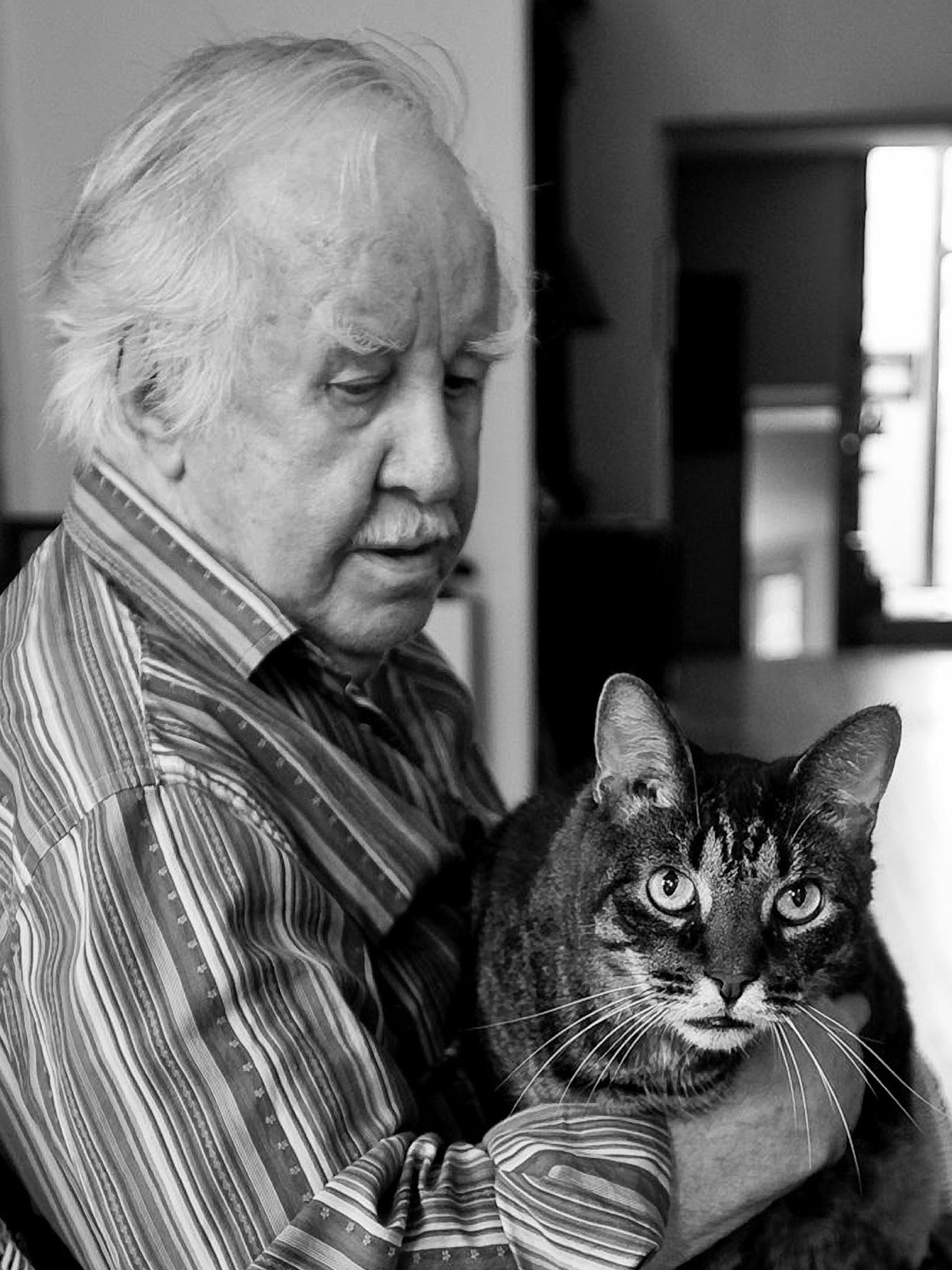George de Vincent: Chronicler of poverty
Photographer who took portraits of the rich but also produced the seminal book 'The Shame of a Nation'

Your support helps us to tell the story
From reproductive rights to climate change to Big Tech, The Independent is on the ground when the story is developing. Whether it's investigating the financials of Elon Musk's pro-Trump PAC or producing our latest documentary, 'The A Word', which shines a light on the American women fighting for reproductive rights, we know how important it is to parse out the facts from the messaging.
At such a critical moment in US history, we need reporters on the ground. Your donation allows us to keep sending journalists to speak to both sides of the story.
The Independent is trusted by Americans across the entire political spectrum. And unlike many other quality news outlets, we choose not to lock Americans out of our reporting and analysis with paywalls. We believe quality journalism should be available to everyone, paid for by those who can afford it.
Your support makes all the difference.George de Vincent was a former criminal, boxer and aspiring painter who went on to a career in photography, becoming a portraitist of the socially prominent and a chronicler of the impoverished. Most famously, he worked with the writer and philanthropist Philip M Stern on The Shame of a Nation, a 1965 book that examined the plight of metropolitan slum dwellers and those living in poverty in Appalachia.
De Vincent led a restless and adventurous early life. He was known to say, "I had been a fast liver, and I don't mean the organ." He grew up in Detroit; at various times, he hitchhiked around the country, worked as a driver for a travelling carnival, was a featherweight boxer and went to jail for bank robbery.
Artistically inclined, he also worked as a medical illustrator. He was headed to Florida to seek work as a painter for the Ringling Bros. and Barnum & Bailey Circus in the early 1950s when he ran out of money in Washington and fell into photography.
He soon began studio work and developed a strong trade in portraits of government leaders, chief executives and the betrothed. But his ambitions grew elsewhere. A turning point moment was seeing Edward Steichen's celebrated "Family of Man" photographs, which inspired him to produce The Shame of a Nation. He was shaken by seeing families struggle on a few cents a day, parents who seemed ignorant of the social service system and malnourished children. He said he hoped the book's pictures, which alternated between the stark and the playful, would distill for readers one concept about the poor: "We're warm, alive, gentle, loving human beings, but we're trapped."
The book included a foreword by Vice President Hubert Humphrey and was published as President Johnson launched his "war on poverty." The book was, in part, a riposte to critics of the Johnson programme. His work also appeared in Poverty Amid Plenty: The American Paradox, a 1969 presidentially commissioned study of anti-poverty programmes, and in O Say Can You See By Dawn's Urban Blight, a 1965 book featuring contrasting pictures of Washington's rich and poor.
The text was by de Vincent and his then-wife, Leni Stern, who said on his death, "He had a great sense of humour and enormous empathy. He came from poverty himself. He understood it."
Henry George Vincent, photographer: born Detroit 7 July 1919; twice married (one daughter); died Washington 13 March 2014
Join our commenting forum
Join thought-provoking conversations, follow other Independent readers and see their replies
Comments